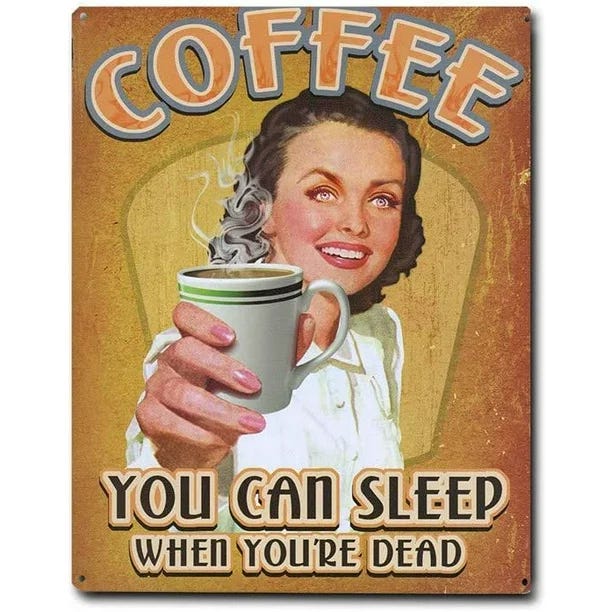How to Quit Coffee
A comprehensive guide about that, and so much more
I’m no doctor, but I’m comfortable claiming an expertise in addiction—especially when it comes to tapering off substances. I’ve successfully quit almost every hard drug known to humankind, as well as a few of the other “drugs” that run our culture: be it porn, apps, processed food, shopping, or work itself.
When I was about a year into my recovery, I emb…



